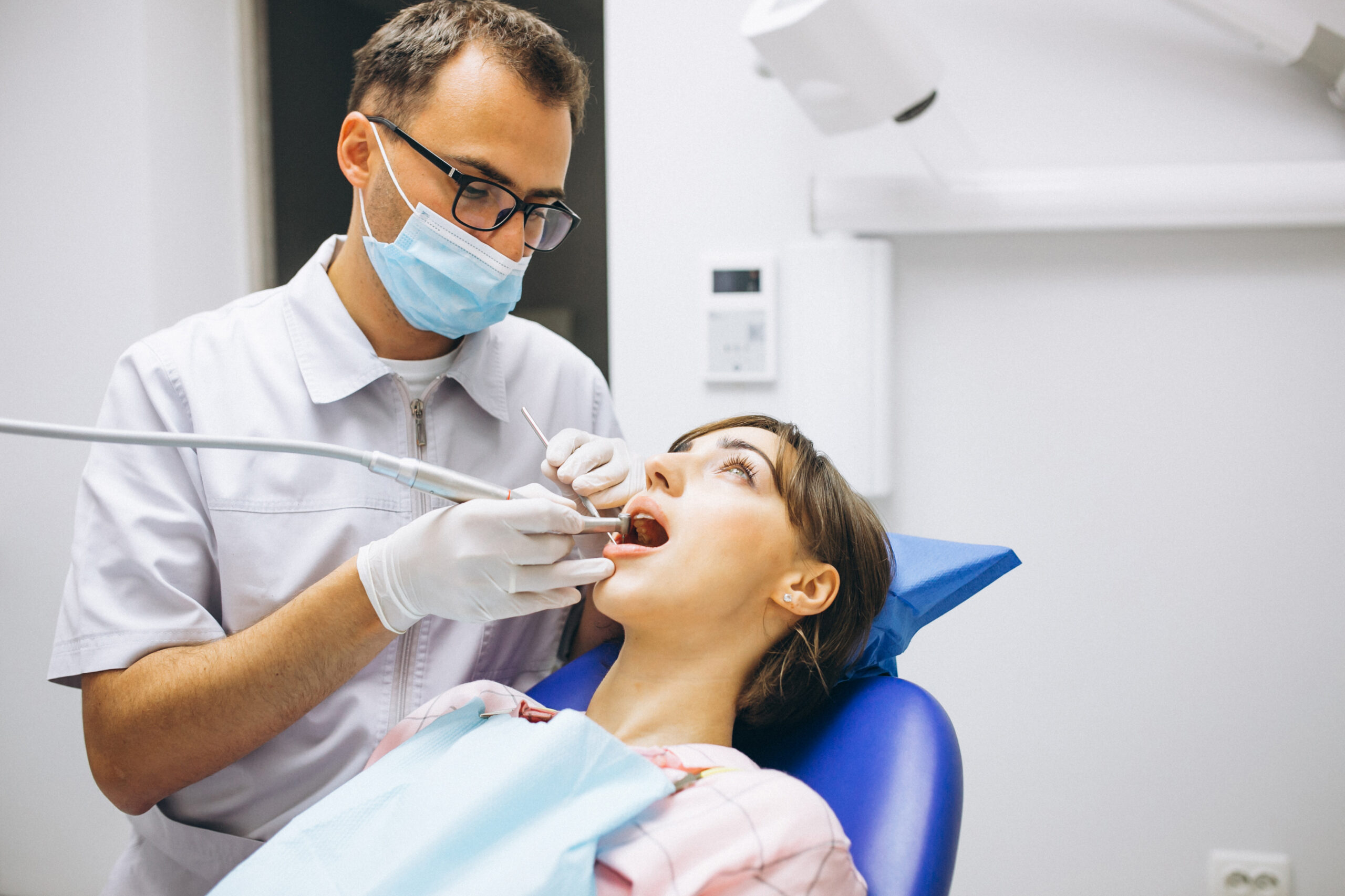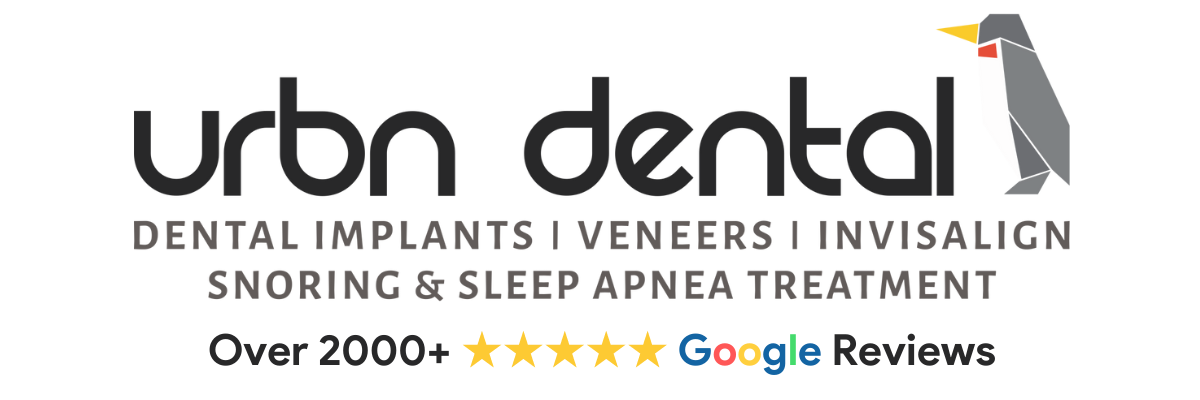
Dental care should never feel intimidating, yet many people put off appointments because they’re nervous about discomfort, procedures, or just being in the dental chair. That’s where sedation dentistry can make a meaningful difference. With the right approach, your visits can feel calmer and less stressful, giving you the confidence to take care of your smile without anxiety getting in the way.
If you’ve been searching for a sedation dentist Tanglewood, you may already know how important comfort is during treatment. Sedation dentistry doesn’t mean you’re asleep for every procedure—it means your dentist uses safe, tailored methods to help you feel more relaxed. This can be especially helpful for patients dealing with oral surgery, extractions, or situations where complications like dry socket may arise.
In this guide, we’ll explore what sedation dentistry involves, when it’s recommended, and how it connects to common concerns like dry socket symptoms. We’ll also highlight the value of having a trusted local dentist close to home in Tanglewood.
What Is Sedation Dentistry?
Sedation dentistry is often described as dentistry with relaxation in mind. Instead of approaching care with a one-size-fits-all mindset, sedation allows dentists to adjust treatment so patients feel at ease. This may include oral medication, nitrous oxide (often called laughing gas), or IV sedation in certain cases.
The type of sedation used depends on the procedure and your comfort level. For example:
-
Nitrous oxide may help with mild anxiety during a cleaning or filling.
-
Oral sedation is commonly used for moderate anxiety or longer procedures.
-
IV sedation is sometimes recommended for oral surgery or patients with higher anxiety.
The goal isn’t to “knock you out,” but rather to keep you comfortable and calm while the dentist completes your treatment. Many patients find this option makes dental visits far less overwhelming.
Why “Dentist Near Me” Really Matters
Convenience is one part of choosing a dental office nearby, but it goes deeper than saving time on the drive. A local dentist often becomes a long-term partner in your care. You’re not just visiting a clinic once—you’re building a relationship with a professional who gets to know your history, your preferences, and your comfort needs.
When you search for a dentist near me, you’re looking for someone who can provide regular care as well as support during emergencies. For patients considering sedation dentistry, having that trusted relationship can make each appointment feel more reassuring.
What to Expect from a Tanglewood Dentist Houston
If you’re exploring sedation dentistry, working with a Tanglewood dentist Houston gives you access to both everyday dental care and advanced treatment options. Local practices often combine preventive services—like checkups and cleanings—with restorative and surgical care, so you don’t have to travel far for more complex needs.
Here’s what you can usually expect when sedation is part of your visit:
-
Consultation: Your dentist reviews your medical history, discusses your concerns, and explains sedation options.
-
Personalized plan: Based on your procedure and comfort level, the dentist suggests the type of sedation that may work best.
-
Monitoring: During treatment, your vital signs are carefully monitored to keep you safe.
-
Recovery guidance: Afterward, your dentist provides instructions to help you feel comfortable as the sedation wears off.
Patients who choose sedation often report feeling less anxious and more confident about returning for future visits.
Understanding Dry Socket Symptoms
One common reason patients ask about sedation is when they need a tooth extraction. While most extractions heal without major problems, a complication called dry socket symptoms may occur in some cases.
A dry socket happens when the blood clot that normally forms in the socket after extraction is dislodged or doesn’t develop properly. This can leave the underlying bone and nerves exposed. Symptoms may include:
-
A dull or throbbing ache that radiates from the extraction site.
-
Unpleasant taste or odor in the mouth.
-
Visible bone in the socket.
Not everyone experiences dry socket, and dentists provide clear aftercare instructions to lower the risk. If symptoms do occur, they can usually be managed with a prompt follow-up visit where the dentist gently cleans the area and applies a dressing to support healing.
Sedation doesn’t prevent dry socket, but it may make the extraction process itself more comfortable. Patients who are less tense during treatment often find the experience easier overall.
Who Can Benefit from Sedation Dentistry?
Sedation isn’t just for people with dental anxiety—though that’s one of the most common reasons. You might consider sedation if:
-
You need multiple procedures in one visit.
-
You have a strong gag reflex.
-
You find it difficult to sit still for long appointments.
-
You’re undergoing oral surgery or extractions.
-
Past dental experiences have made you nervous about treatment.
Your dentist will review your medical history to make sure sedation is a safe option for you. Many patients find that even minimal sedation, like nitrous oxide, can make a big difference in how they feel during care.
The Connection Between Comfort and Complete Care
When patients feel anxious or uncomfortable, they’re more likely to delay dental visits. Unfortunately, waiting too long can make small issues bigger and more complicated to treat. Sedation dentistry helps bridge that gap, making it easier to receive regular care without fear.
For example, a patient who avoids the dentist for years because of anxiety may develop cavities or gum problems that require treatment. Sedation allows them to get through those appointments with less stress, opening the door to better long-term care.
A comfortable patient is more likely to keep up with cleanings, exams, and preventive visits—all of which are key to maintaining a healthy smile.
Final Thoughts
Choosing a sedation dentist Tanglewood gives you more than just a local provider—it gives you peace of mind that your comfort matters. Whether you’re managing dental anxiety, preparing for an extraction, or concerned about complications like dry socket, sedation dentistry offers a way to make your care more approachable.
A local dentist who understands your needs can provide the guidance, support, and treatment options that help you stay on track with your dental health. By combining sedation when needed with consistent preventive care, you can feel more confident about your visits and more comfortable with your smile.
FAQs About Sedation Dentistry and Dry Socket
Q: Is sedation safe for most patients?
Yes, when overseen by a qualified dentist. The type of sedation is chosen based on your health and treatment needs.
Q: Will I be unconscious during sedation?
Not necessarily. Many forms of sedation allow you to remain awake but relaxed. You may feel drowsy or have little memory of the procedure, depending on the type used.
Q: How long does it take to recover from sedation?
Recovery time varies. Nitrous oxide wears off quickly, while oral or IV sedation may take longer. Your dentist will give you specific instructions.
Q: Can sedation prevent dry socket?
No. Sedation only affects comfort during the procedure. Preventing dry socket depends on following aftercare instructions and individual healing.
Q: What should I do if I notice dry socket symptoms after extraction?
Contact your dentist right away. They can clean the area, apply a medicated dressing, and guide you on how to manage discomfort.
